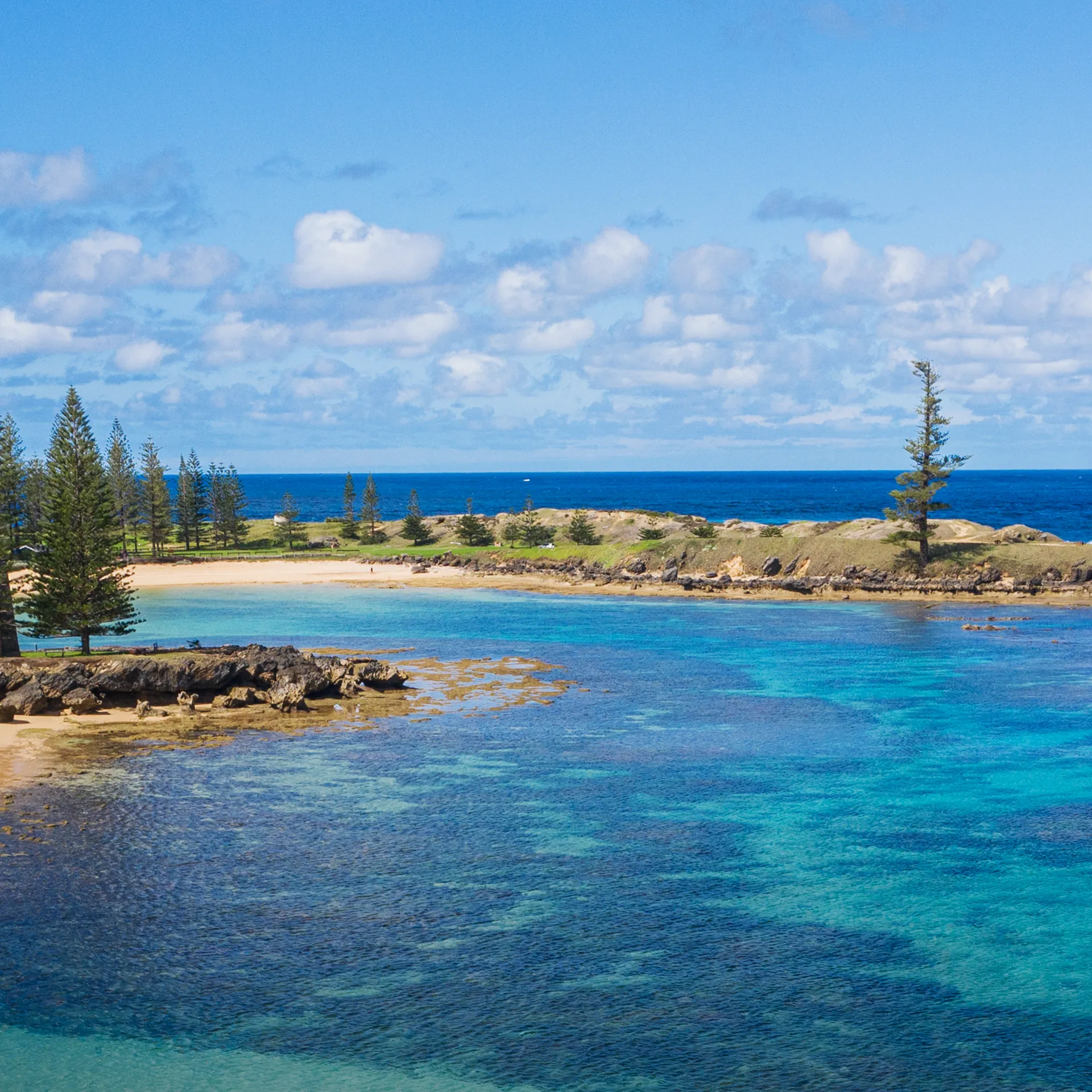Creating sharper on-page content for Skyscanner
Skyscanner partnered with TM to replace boilerplate copy on 200,000 pages with scaled Enigma content. The result? A ~7% uplift in organic sessions and a platform-wide foundation for scalable, localised editorial content.





